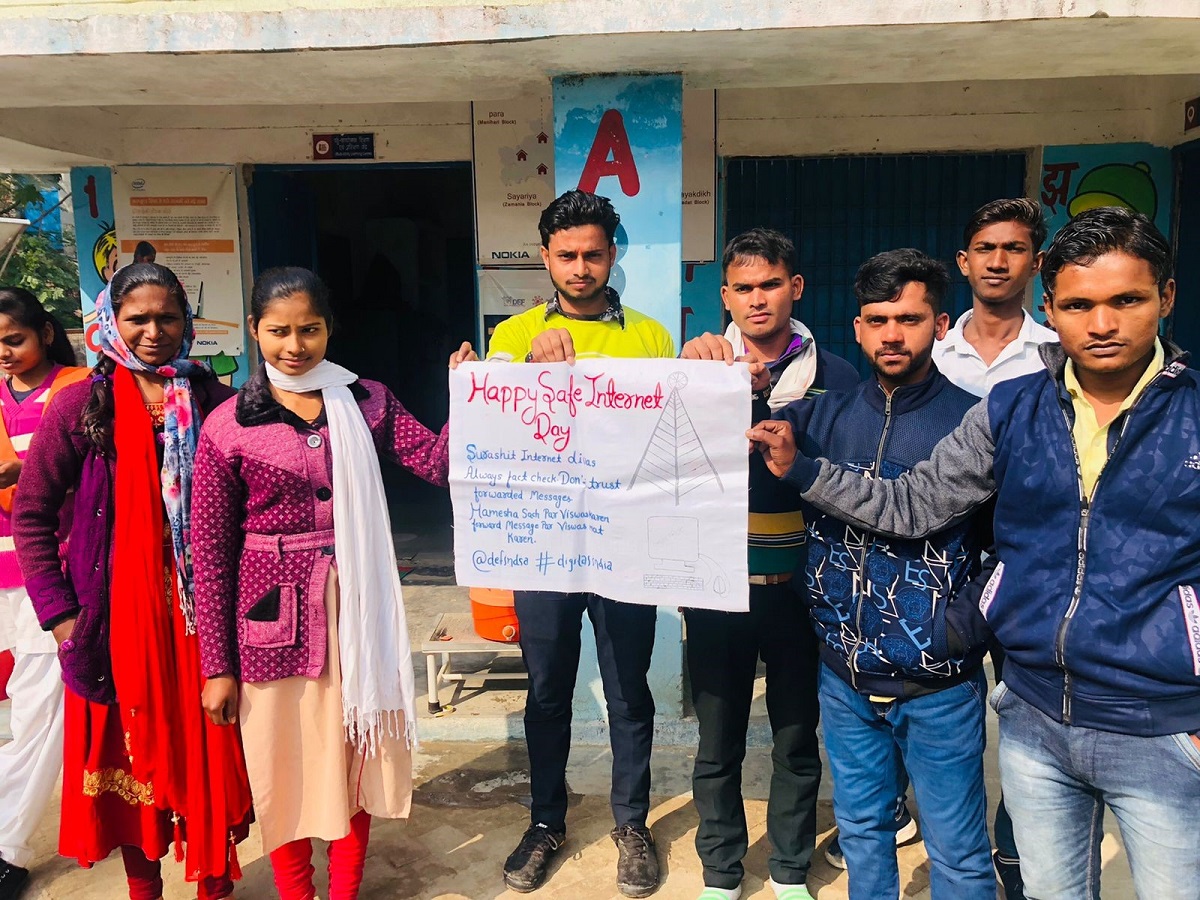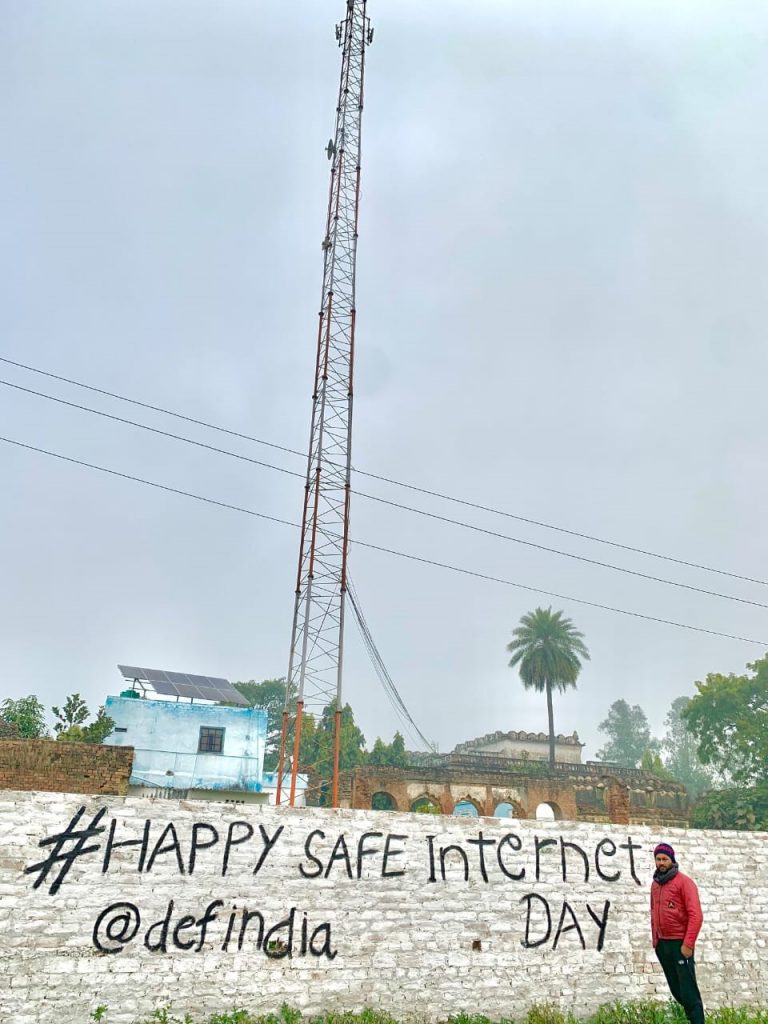
The internet is an incredibly powerful tool and its importance in today’s world cannot be exaggerated. Information about all the topics we can think of exists on the internet. However, not all that information can always be trusted. Along with verified and credible data, there also simultaneously exists fake news and misinformation which, when consumed or spread, can be disastrous and potentially dangerous. Free and accessible as the web might be, it also comes with issues of privacy and cyber security.

Those who have access to the internet but are unaware of digital literacy are particularly susceptible to the dangers of the internet. They are more likely to unwittingly disclose sensitive personal information, forward provocative WhatsApp messages, share unverified Facebook posts, etc. Some of this content can be culturally, religiously, and socially motivated and when the information is left unchecked and allowed to spread, it can lead to undesirable results – sometimes culminating in violence or riots.
The Digital Empowerment Foundation acutely recognizes the dangers of the internet which facilitates the spread of misinformation. DEF works in rural areas through many different channels, targeting various areas. While they keenly work towards the digital empowerment of rural India, they also are on a mission to impart digital literacy and teach people how to be safe on the internet.
So far, DEF is working with 1000 digital foot soldiers who not only conduct sessions on safe internet practices but also go to the homes of people in their allocated villages and fact check the information the residents might have received on their Internet-connect devices. A lot of this information can contain politically insensitive remarks or hatred. From Kupwara in Kashmir to Madurai in Tamil Nadu, these digital entrepreneurs cover around 3000 villages amongst them and continuously demystify and debunk fake news and misinformation. Their aim is to help rural internet users discern, consume and disseminate the right kind of information while protecting themselves against any threats that the internet might pose.

On February 8, 2022, our digital foot soldiers celebrated Safer Internet Day by hosting campaigns all over the country – across 24 states and 135 districts. Local villagers along with students already enrolled in DEF centres participated in these campaigns. The attendees joined in discussions about safe internet practices and created posters and wall paintings containing the same message. The activities also resulted in engaging conversations about fake news, misinformation, and the need to examine the (inauthentic) sources of information that we can sometimes gullibly trust.

Debaleena Bagchi is DEF’s communications consultant and writer.









